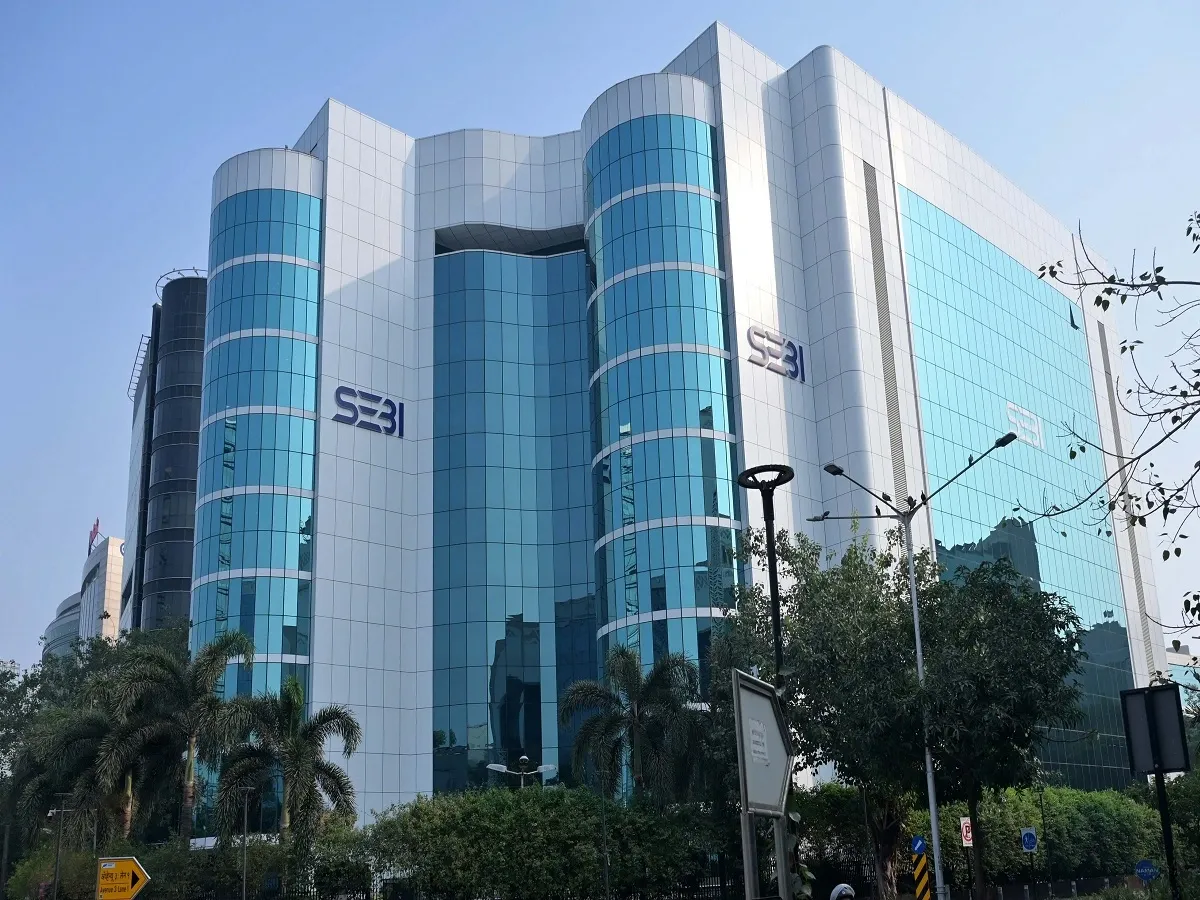Market News
SEBI board meeting today: Regulator may relax IPO norms, simplify FPI compliance in key policy move

3 min read | Updated on September 12, 2025, 11:17 IST
SUMMARY
The board may also clear a proposal on introducing a single window access for low-risk foreign investors seeking to participate in the Indian securities market

This would mark the third board meeting under the chairmanship of Tuhin Kanta Pandey, who assumed office on March 1. | Image: PTI
These measures included relaxing the minimum IPO requirements for very large companies, and also extending the timeline for them to meet minimum public shareholding norms, sources said.
Other key items on the agenda included simplifying compliance for foreign portfolio investors (FPIs), relaxing the regulation for accredited investors in certain alternative investment funds (AIFs), expanding the scope of rating agencies' activities, and granting equity status to REITs and InvITs, they added.
Several of these proposals have already been floated for public consultation, indicating a broader push towards refining the regulatory landscape.
This would mark the third board meeting under the chairmanship of Tuhin Kanta Pandey, who assumed office on March 1.
The board may approve a proposal to encourage large issuers to pursue listings in India.
Under the proposal, for companies with a market capitalisation between ₹50,000 crore and ₹1 lakh crore, the new minimum public offer (MPO) will be ₹1,000 crore and at least 8% of the post-issue capital, with minimum public shareholding (MPS) of 25% to be achieved within 5 years instead of the present three years.
For issuers with a market capitalisation between ₹1 lakh crore and ₹5 lakh crore, the MPO will be ₹6,250 crore and at least 2.75% of the post-issue capital, with MPS deadlines extended up to 10 years depending on shareholding levels.
For companies with a market capitalisation above ₹5 lakh crore, the proposed MPO will be ₹15,000 crore and at least 1% of post-issue capital, with a minimum dilution of 2.5%.
This means companies can list with smaller IPOs initially, while gradually increasing their public shareholding over a longer period, reducing the immediate burden of large-scale equity dilution.
The board may also clear a proposal on introducing a single window access for low-risk foreign investors seeking to participate in the Indian securities market. This is aimed at simplifying compliance and enhancing the country's attractiveness as an investment destination.
The new framework—Single Window Automatic & Generalised Access for Trusted Foreign Investors (SWAGAT-FI), if implemented, would provide easier investment access to low-risk foreign investors, enable a unified registration process across multiple investment routes and reduce repeated compliance and documentation for such entities.
The low-risk foreign investors identified by SEBI include government-owned funds, central banks, sovereign wealth funds, multilateral entities, highly regulated public retail funds, and appropriately regulated insurance companies, as well as pension funds.
SEBI on Wednesday had said angel funds can raise capital only from accredited investors, as part of the revised framework notified by the regulator to streamline fundraising, investment and compliance norms under the alternative investment funds rules.
About The Author
Next Story

